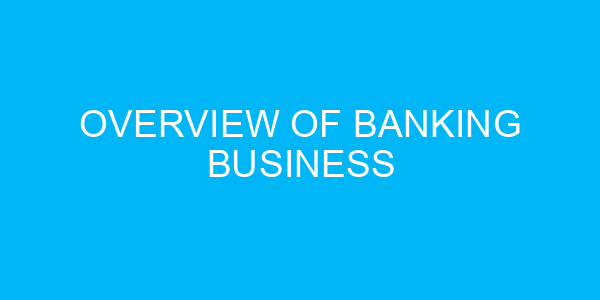21. What is a credit score?
a) A measure of an individual’s ability to repay borrowed money
b) The maximum amount of credit a bank will extend to an individual
c) The interest rate charged on a loan
d) The minimum balance required to open a bank account
22. What is the difference between a debit card and a credit card?
a) Debit cards allow you to spend money you already have, while credit cards allow you to borrow money
b) Debit cards have a higher interest rate than credit cards
c) Debit cards are only accepted at certain merchants, while credit cards are accepted everywhere
d) There is no difference between a debit card and a credit card
23. What is the purpose of a bank’s asset-liability management?
a) To ensure that a bank’s assets are of high quality
b) To manage the risk of a bank’s balance sheet
c) To maximize profits for shareholders
d) To minimize the number of non-performing loans
24. What is the difference between a secured loan and an unsecured loan?
a) Secured loans require collateral, while unsecured loans do not
b) Secured loans have a higher interest rate than unsecured loans
c) Secured loans are only available to individuals with good credit scores
d) There is no difference between a secured loan and an unsecured loan
25. What is the purpose of a bank’s capital adequacy ratio?
a) To measure a bank’s ability to meet its financial obligations
b) To determine the amount of risk a bank can take on
c) To assess the profitability of a bank’s operations
d) To calculate the interest rate for loans




